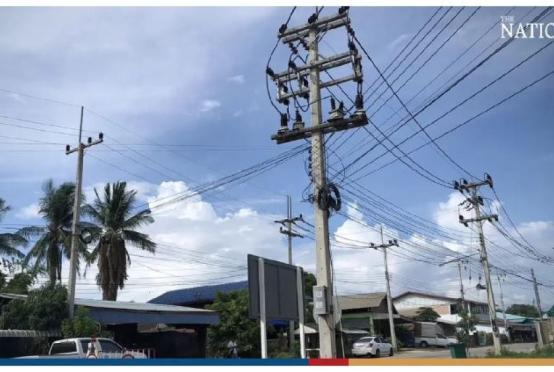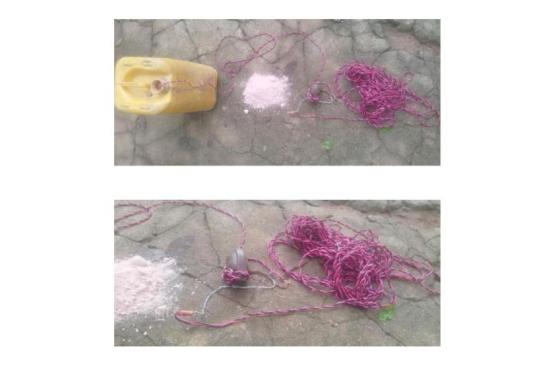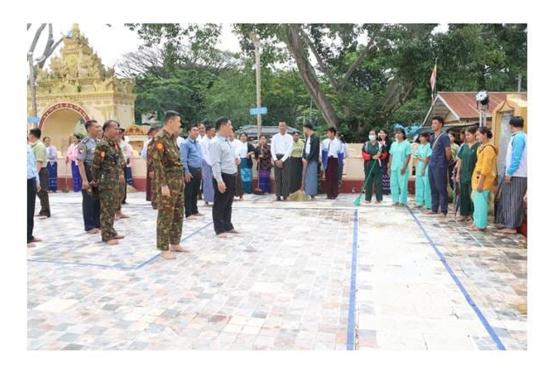ANGKOK - Myanmar's military takeover last year brought unprecedented hardship upon its population, and the women are bearing the brunt of it.
A new United Nations survey has found that women are more likely to be the ones eating less and selling their personal assets to help their families survive.
The turmoil in the country and the Covid-19 pandemic are also forcing women to stay away from jobs and healthcare services. About 30 per cent of women do not feel safe in their neighbourhoods during the day. A higher proportion - 34.9 per cent - feel unsafe even in their own homes at night.
The survey, commissioned by the UN Development Programme (UNDP) and the UN entity for gender equality, UN Women, was based on interviews with 2,200 women from November to December last year.
"The pandemic and heightened insecurity from the military takeover have gravely impacted women's finances and health," Ms Kanni Wignaraja, UNDP's regional director for Asia and the Pacific, said in a statement on Tuesday (March 8).
"Without investments in their safety, agency and capacities, women will be unable to take ownership of their lives and take care of their families. This will have a direct adverse effect on future generations and on the overall prosperity of Myanmar."
Over half a million people have been forced to flee their homes since the military seized power on Feb 1 last year. Parts of Myanmar showing the stiffest resistance to military rule have been targeted by air strikes and arson as the military inflicts collective punishment on entire communities.
The crisis has sent the economy into a nosedive. The World Bank projects that the Myanmar economy will grow 1 per cent in the year to September 2022, after contracting 18 per cent last year.
Although Asean's special envoy to Myanmar, Mr Prak Sokhonn, is scheduled to visit Naypyitaw on March 20, there is little optimism about an early breakthrough.
The UN survey showed how the military takeover and pandemic threatened progress on gender equality made during Myanmar's democratic interregnum.
While households in general have been cutting their food consumption to cover their other living expenses, in 34.6 per cent of the families, the women are more likely to eat less.
In six out of 10 households that took a loan, it was the women who borrowed.
"The military takeover is likely to reverse the progress made over the last decade," the report said. "The institutional and societal changes necessary to dismantle persistent gender discrimination are unlikely to take place under military rule."
Past crises have shown that increased unemployment tends to encourage people to go back to traditional gender roles, forcing women to take on more domestic and caregiving work.
To help mitigate this regression, the report suggested that development groups give direct income support to women, as well as support women-owned and women-led businesses.















